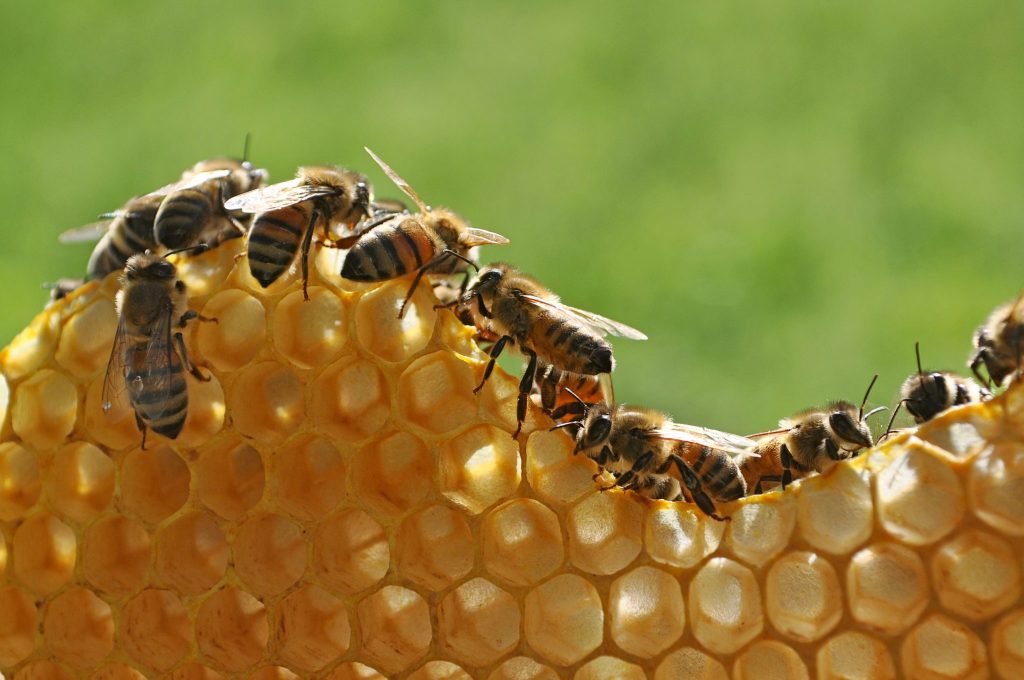Through Great Northern Bridgeworks many endeavours and projects, we are always eager to give back to the surrounding communities and promote a greener environment. Currently, we are looking into the possibility of including wild flower seeds in the pasture mix used on deactivated roads across the province of BC. One-third of our food supply is dependent on pollination, and wild flowers are pollen rich. Seeding roads with flowers will contribute to bee-friendly habitats that assist in pollination. While we hope to partner with the Ministry of Forests for this initiative, we are also seeking partnerships with private industries operating in the area. Overall, our goal is to make the road deactivation process as beneficial for the environment and ecosystem as possible!
“B.C. is home to roughly 450 species of bees. While not all of them have been assessed, the Western bumblebee has declined precipitously just within the last 15 to 20 years because of habitat degradation”
- Elizabeth Elle, Professor of Community and Evolutionary Ecology at SFU

Restoring habitat for wild bees is paramount to their success in the coming years. While there has been expansion in commercial bee farming, that too causes habitat loss for the 450 species of wild bees native to BC. Most commercial agriculture bee farms carry many risks to wild bees in the area, such as potentially bringing disease, parasites, and harming the native species in their natural habitats. The only path forward for BC’s bees is in providing more habitable areas in the natural world to promote pollination and growth of the many endangered species.
Roads that are being deactivated by the province are currently an untapped source of land that would be ideal for wild bees. Adding wild flower seeds to the pasture mix already being used on these roads could create large swaths of pollen rich land across the province. This would be a significant step towards revitalizing bee populations that have been faltering from colony loss.

